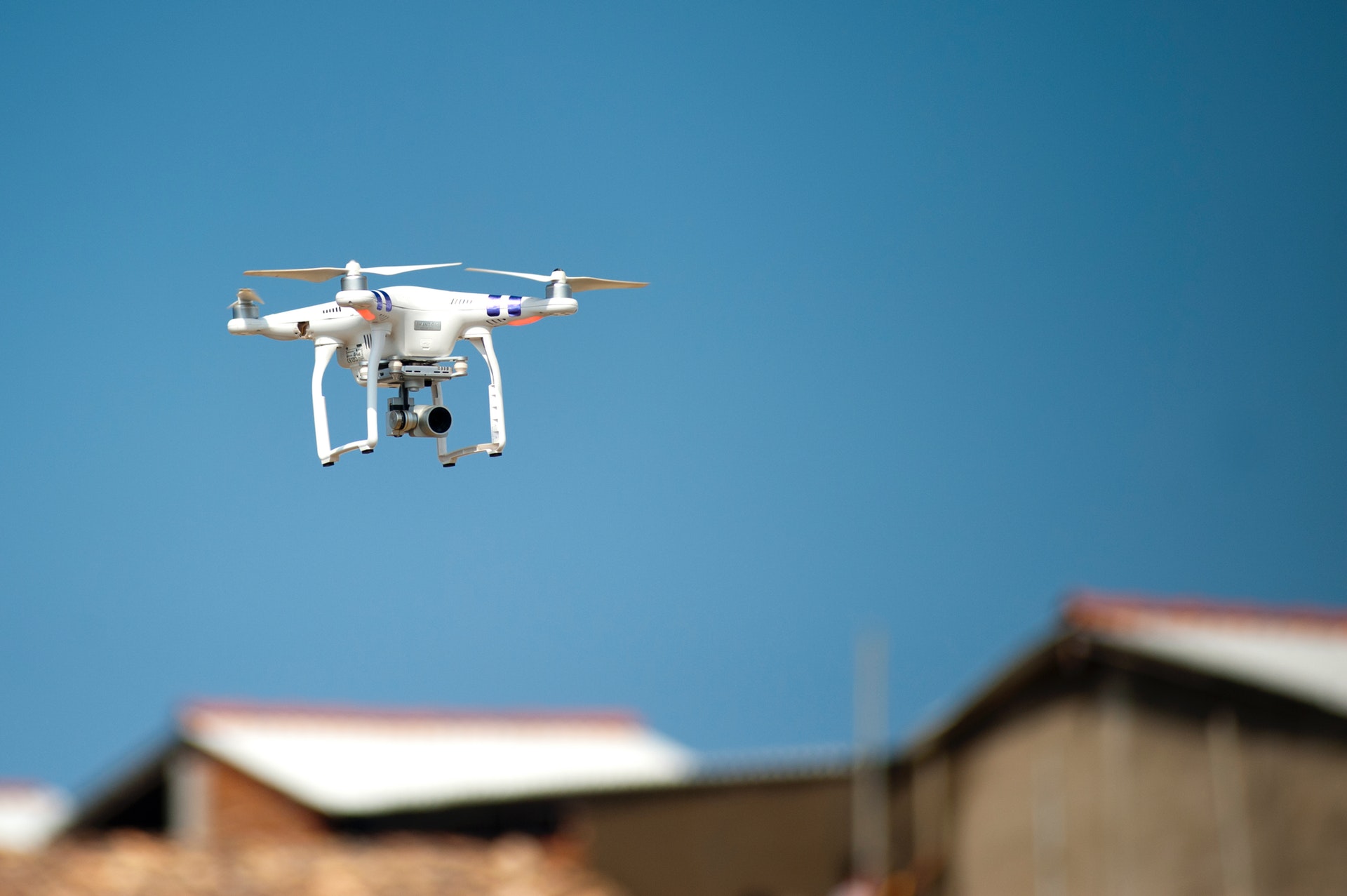
A couple of months ago I wrote about the restrictions on the use of drones (also referred to as UAS) for commercial purposes. Some real estate professionals had become interested in aerial photography and videos for their listings, but without a pilot’s license and a waiver from the Federal Aviation Administration (FAA) any commercial use was illegal. The FAA has now announced finalized rules on commercial use of drones that make operation more accessible. If you are interested in using drones in a real estate business, here is what you need to know:
There is little word on any updates to the fines of violation of this policy. We know from the past that the FAA will fine those that unlawfully use drones for commercial purposes. SkyPan was fined $1.9 million dollars and industry experts expected fines to typically fall in the $1,000-$10,000 range before this rule. There will be a new fine of at least $500 if an operator causes serious injury or property damage with the UAS and does not report the incident to the FAA.
The FAA believes these changes are important to safely “spur job growth, advance critical scientific research and save lives” with impacts ranging from our real estate industry to the ability to “deploy disaster relief”. The FAA cites industry experts who believe the rule could generate more than 100,000 jobs and $82 billion for the economy over the next 10 years.
The next potential regulations will deal with privacy and data collection issues. The FAA does not currently regulate how UAS gather data, instead deferring to local and state privacy laws. It is possible that commercial use regulations will be created to address these concerns.
What do you think about the use of drones in the real estate industry? Is this a fad or will it become more common? Comment below or reach out to me at cody@adhischools.com for any questions or clarifications.
From Classroom to Closing: A 12-Month Roadmap to a Thriving Real Estate Career After License School
Condo vs. Apartment: Key Differences Explained
Behind the Scenes of ADHI Schools: How We Set You Up for Success

Founder, Adhi Schools
Kartik Subramaniam is the Founder and CEO of ADHI Real Estate Schools, a leader in real estate education throughout California. Holding a degree from Cal Poly University, Subramaniam brings a wealth of experience in real estate sales, property management, and investment transactions. He is the author of nine books on real estate and countless real estate articles. With a track record of successfully completing hundreds of real estate transactions, he has equipped countless professionals to thrive in the industry.